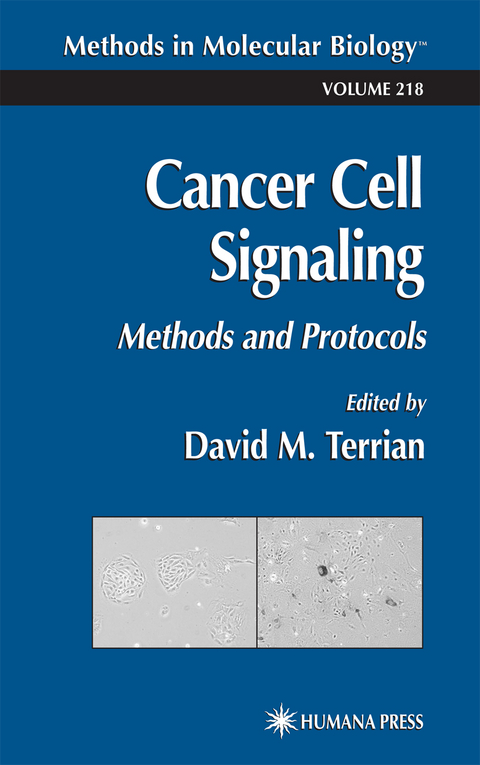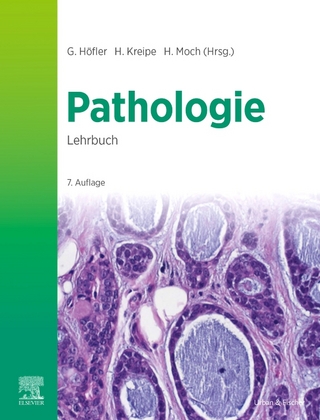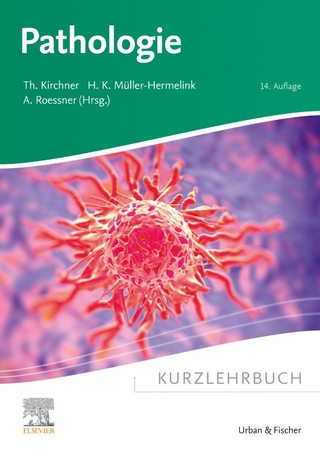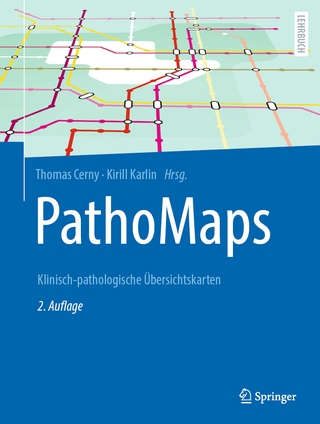
Cancer Cell Signaling
Humana Press Inc. (Verlag)
978-1-58829-075-5 (ISBN)
Manipulation and Detection of Survival Signals.- Functional Analysis of the Antimitogenic Activity of Tumor Suppressors.- Rescue and Isolation of Rb-deficient Prostate Epithelium by Tissue Recombination.- Signal Transduction Study Using Gene-Targeted Embryonic Stem Cells.- The Use of the Yeast Two-Hybrid System to Measure Protein-Protein Interactions that Occur Following Oxidative Stress.- Differential Screening of cDNA Libraries for Analysis of Gene Expression During Tumor Progression.- Mitogen-Activated Protein Kinase Signaling in Drug-Resistant Neuroblastoma Cells.- TUNEL and Immunofluorescence Double-Labeling Assay for Apoptotic Cells with Specific Antigen(s).- Manipulation and Edtection of Oncogenic Signals.- Kinetworks™ Protein Kinase Multiblot Analysis.- Protein Tyrosine Kinase and Phosphatase Expression Profiling in Human Cancers.- Association of Nonreceptor Tyrosine Kinase c-Yes with Tight Junction Protein Occludin by Coimmunoprecipitation Assay.- Isolation of Novel Substrates Using a Tyrosine Kinase Overlay/In Situ Assay.- Manipulating Expression of Endogenous Oncogenic Proteins Using an Antisense Oligonucleotide Approach in Prostate Cancer Cells.- Measurements of Phospholipases A2, C, and D (PLA2, PLC, and PLD).- Detection of the Content and Activity of the Transcription Factor AP-1 in a Multistage Skin Carcinogenesis Model.- Fibroblastic, Hematopoietic, and Hormone Responsive Epithelial Cell Lines and Culture Conditions for Elucidation of Signal Transduction and Drug Resistance Pathways by Gene Transfer.- Elucidation of Signal Transduction Pathways by Transfection of Cells with Modified Oncogenes.- Elucidation of Signal Transduction Pathways by Retroviral Infection of Cells with Modified Oncogenes.- Protein Interactions.- Methods for the Study ofProtein-Protein Interactions in Cancer Cell Biology.- Production of Ligand-Specific Mutants Using a Yeast Two-Hybrid Mating Assay.- Coimmunoprecipitation Assay for the Detection of Kinase-Substrate Interactions.- Genomic Rearrangements.- Mutational Analysis of the Androgen Receptor Using Laser Capture Microdissection and Direct Sequencing.- Clonality Analysis by T-Cell Receptor ? PCR and High-Resolution Electrophoresis in the Diagnosis of Cutaneous T-Cell Lymphoma (CTCL).
"...this volume is a very useful source for signal transduction protocols...This text should offer readers an excellent starting point for many important techniques in cancer signal transduction. Its ease of use and reasonable cost only add to its attraction." - Neuro-Oncology
| Erscheint lt. Verlag | 9.12.2002 |
|---|---|
| Reihe/Serie | Methods in Molecular Biology ; 218 |
| Zusatzinfo | XV, 333 p. |
| Verlagsort | Totowa, NJ |
| Sprache | englisch |
| Maße | 155 x 235 mm |
| Themenwelt | Medizin / Pharmazie ► Medizinische Fachgebiete ► Onkologie |
| Studium ► 2. Studienabschnitt (Klinik) ► Pathologie | |
| ISBN-10 | 1-58829-075-1 / 1588290751 |
| ISBN-13 | 978-1-58829-075-5 / 9781588290755 |
| Zustand | Neuware |
| Haben Sie eine Frage zum Produkt? |
aus dem Bereich


